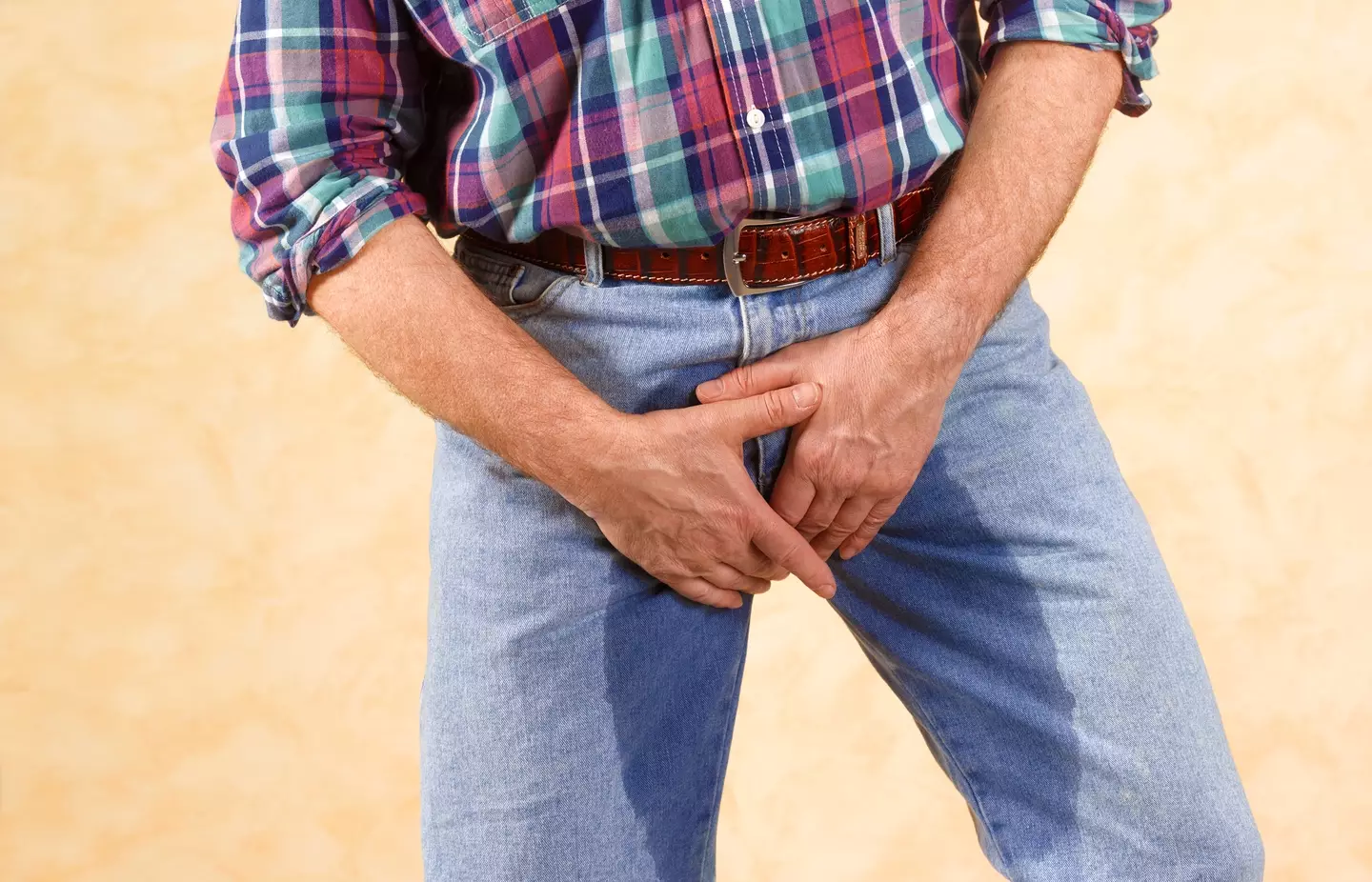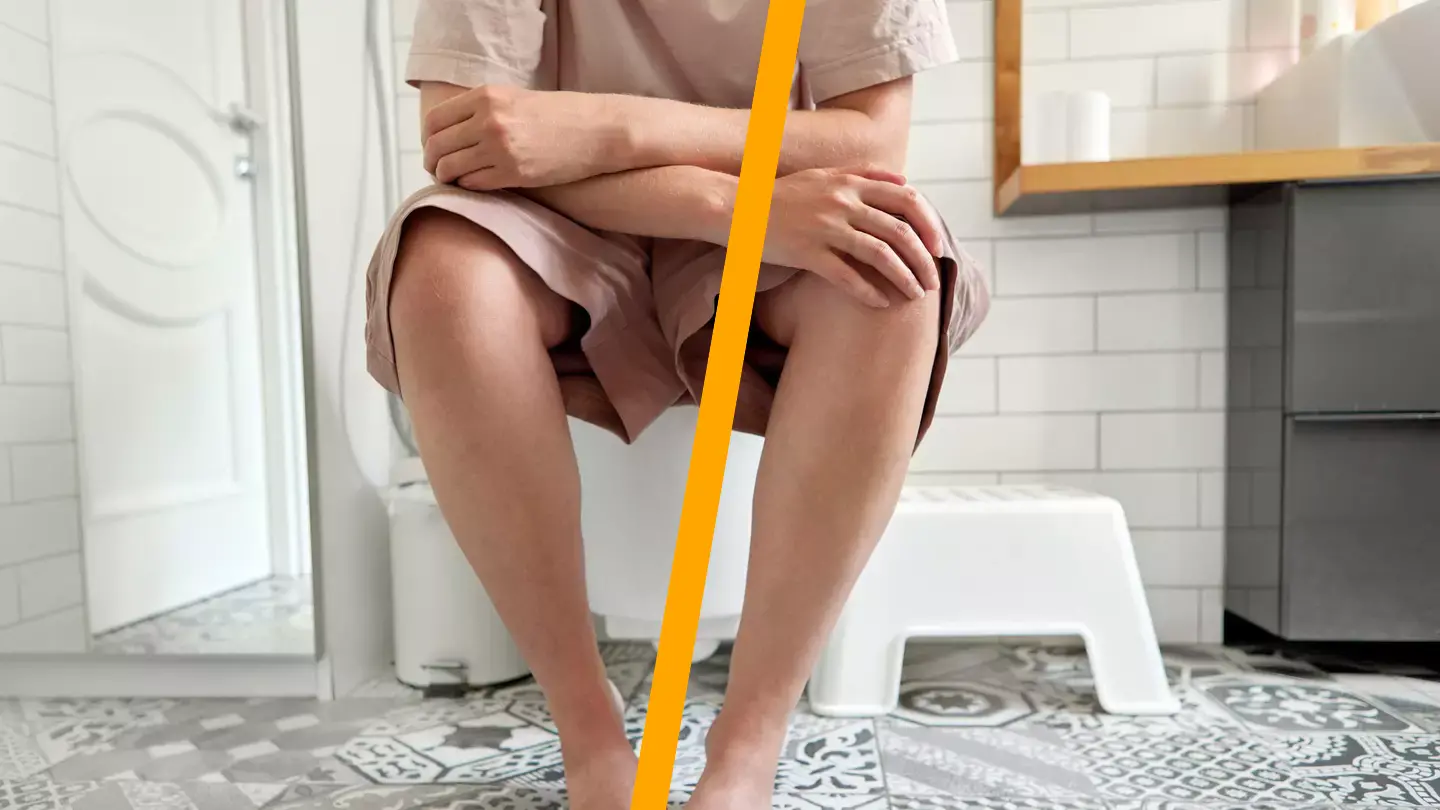Keeping track of how frequently you visit the bathroom can be tricky unless you actually make a note of each visit throughout the day.
Using the bathroom becomes such a routine part of our day that we often don’t give it much thought, except when preparing for something like a long road trip.
Nevertheless, it’s important to remain aware that significant shifts in your bathroom habits might signal health concerns.
Several factors influence the frequency of urination, including age, fluid intake, overall health, pregnancy, medical conditions, and medications.
“What’s normal for one person may be quite different for someone else,” Dr. Raevti Bole explained to the Cleveland Clinic.
“Some people might urinate 10 times a day, and that’s perfectly OK if it’s not bothersome to you, other people may go only four times over a 24-hour timeframe, and that’s also usually fine.”
The typical frequency is about seven times per day, but this is not a strict guideline. Variations in either direction are generally not concerning unless you notice significant deviations.
The urologist highlighted potential concerns related to urination frequency and how often you should expect to need a bathroom break.

According to Dr. Bole, “The average number of pee breaks from morning to night usually falls around seven, but your restroom trip count can vary widely based on a variety of factors. And it’s not unusual to have high- or low-flow urine days.”
Typically, a person can hold between 350ml to 600ml of liquid, but several factors influence how quickly you need to release it.
Dr. Bole adds: “Alcohol and caffeinated drinks can have a diuretic effect, meaning they make you pee more. Certain drinks or foods can also stimulate or irritate the bladder, causing the urge to urinate more frequently.”
Age also plays a role in bathroom frequency, as noted: “As you get older, you’re more prone to getting up to pee in the middle of the night.
“This may be caused by an enlarged prostate or decreased production of a hormone that helps concentrate urine so you can hold it until you wake up in the morning.”
Under what circumstances does bladder activity become worrisome?

For men, a reduction in urination frequency might be indicative of prostate issues.
Both men and women could experience urinary retention, where the bladder does not empty properly.
An abrupt increase in urination can result from various causes, including:
Dr. Bole advises consulting a healthcare provider if you observe an unusual and unexplained pattern that persists for more than a few days.

